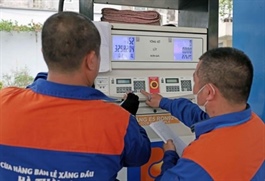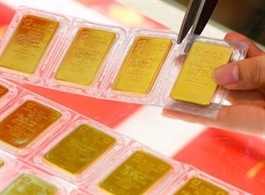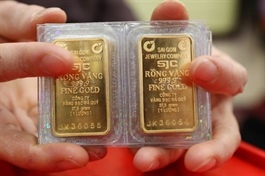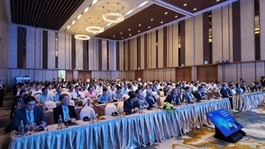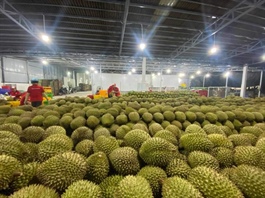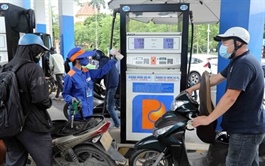Cement makers call for scraping of clinker export tax
Cement makers call for scraping of clinker export tax
Clinker, a crucial resource used in cement production, should be exempted from the current 10 per cent export tax, according to the Việt Nam Cement Association (VNCA).
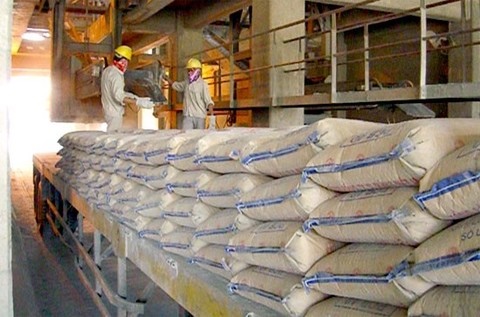
Cement production at a factory in the northern province of Hòa Bình. — VGP Photo |
The association argued that clinker does not fall under the Value-Added Tax Law's description that covers "exported products that are natural resources and minerals that have not been processed".
VNCA has sent a formal letter to the Ministry of Finance and the Ministry of Construction, requesting the tax to be reviewed.
"Clinker is a product formed after the calcination of a finely ground mixture of limestone, clay, and some additives at temperatures around 1,450 - 1,500°C, and therefore is not a mineral resource," VNCA wrote.
VNCA said the tax, which is listed in Appendix I, Export Tariff Schedule by taxable goods category, Decree 26/2023/NĐ-CP, is not consistent with the country's Value-Added Tax Law.
The association and its members urged the government to review the tax, which they say has placed additional burden on the already struggling industry.
In 2023, the industry exported over 31.3 million tonnes of clinker and cement, equivalent to more than US$1.32 billion, a decrease of 1.2 per cent in volume and 4.1 per cent in value compared to 2022. This marks the second consecutive year of a significant export decline.
Currently, there are 61 cement factories nationwide with a total capacity of approximately 117 million tonnes per year. Cement consumption in 2023, however, only reached about 87.8 million tonnes, of which domestic consumption accounted for 56.6 million tonnes and exports, 31.2 million tonnes.
Industry insiders have voiced their concerns over severe difficulties faced by cement manufacturers, including losing market share, bankruptcy and take-overs by foreign entities.



